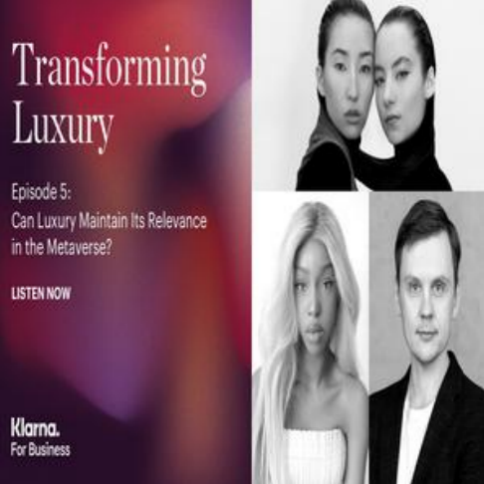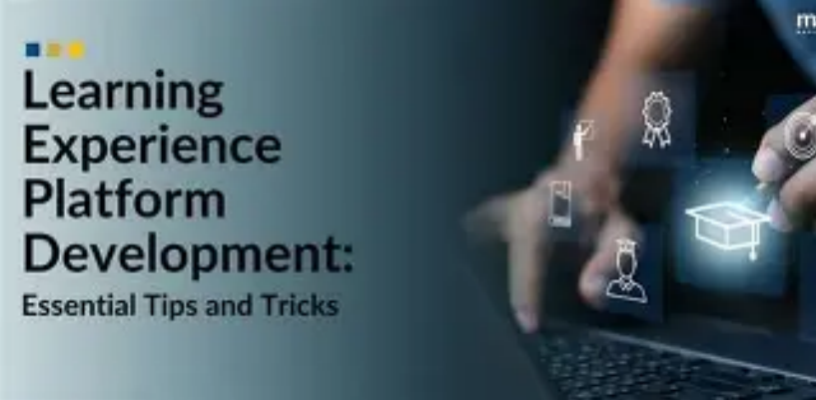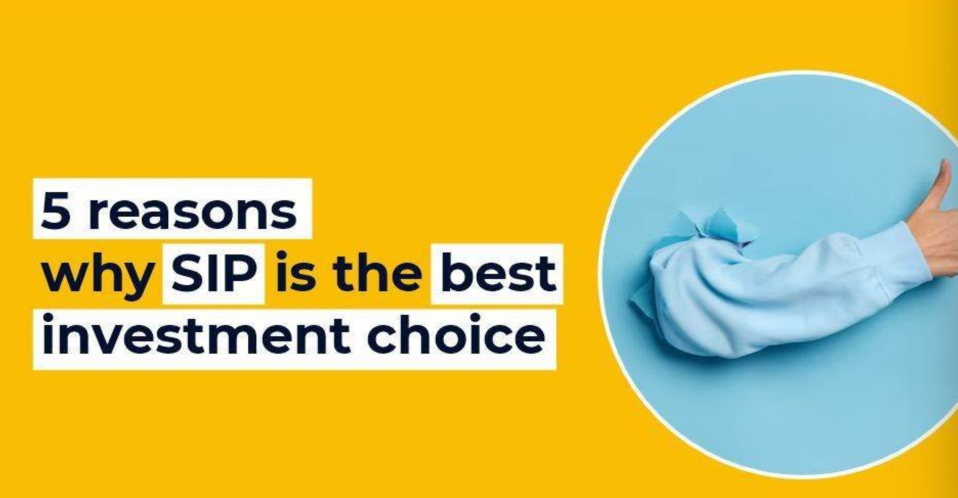In families with larger spending power, it’s important to teach kids more than just how to budget. It's essential to develop a mindset that connects privilege with duty and instant rewards with future financial wisdom. Here are some imaginative methods to assist your kids in developing a healthy attitude towards money.

Transforming Luxury into Lessons
Wealthy families are often offered unique experiences and luxurious items. Rather than treating these as simple privileges, it’s beneficial to use them as learning opportunities. Involve your children in the process when you choose a luxury item.Talk about the quality, the brand's story, and what makes the item worth its price. For example, if you’re buying a special watch, illustrate how the detailed craftsmanship, its uniqueness, and its historical background add to its value. Through this, kids can learn to value quality over quantity and grasp the idea of worth beyond just the cost.

Additionally, luxury vacations present a chance to teach kids about finances. While enjoying an extravagant trip, break down the expenses for them. Show them the costs of lodging, food, and activities. Compare these with more affordable alternatives and discuss what benefits come with each choice. This approach will help them build a realistic understanding of money’s value and the decisions linked to different spending habits.
Creating Real - World Financial Simulations
Instead of just teaching your children through lessons, let them gain hands-on experience in managing money. Create a “family business” where they can earn “tokens” for completing tasks like helping around the house, reaching school targets, or behaving well. These tokens can be traded for actual rewards or for fun incentives like extra screen time or picking a family outing.Teach them about saving, spending, and donating using these tokens. Motivate them to put some into a “savings jar” for things they want later, spend a portion on things they want now, and give some to a charity they care about. As they get older, you can make this activity more advanced by introducing budgeting for a school project or overseeing a small pretend investment portfolio that reflects real stock market trends.

Leveraging Philanthropy as a Teaching Tool
Wealthy families have the opportunity to teach their kids important values through giving to charity. By allowing children to choose which causes to support—like helping less fortunate kids, protecting the environment, or caring for animals—they can participate in volunteering at nearby charities. This experience helps them see the difference their help makes. Talking about how financial support can bring about good change helps kids learn that money isn’t just for buying things, but also for making a positive impact. This helps develop social responsibility and empathy by spreading the joy that comes from helping those in need.
Modeling Mindful Consumption
Children observe their parents to learn about financial habits. Those with higher incomes should practice careful spending: they need to resist the urge to make spontaneous luxury buys, thoroughly research their options, and explain their thought processes behind decisions. When deciding against a purchase, it’s helpful to share the reasons why—this could include a mismatch with personal values or doubts about the investment’s long-term benefits. Open conversations about financial objectives, like saving for significant investments, legacy planning, or retirement, create a framework for managing money wisely.Being open about money allows children to form a good understanding of it and learn to manage it wisely.
Instilling financial values in wealthy families calls for innovative methods, practical experiences, and leading by example. In addition to conventional schooling, these tactics prepare children to handle wealth wisely, ensuring they achieve personal success while also making a meaningful difference in the world.



